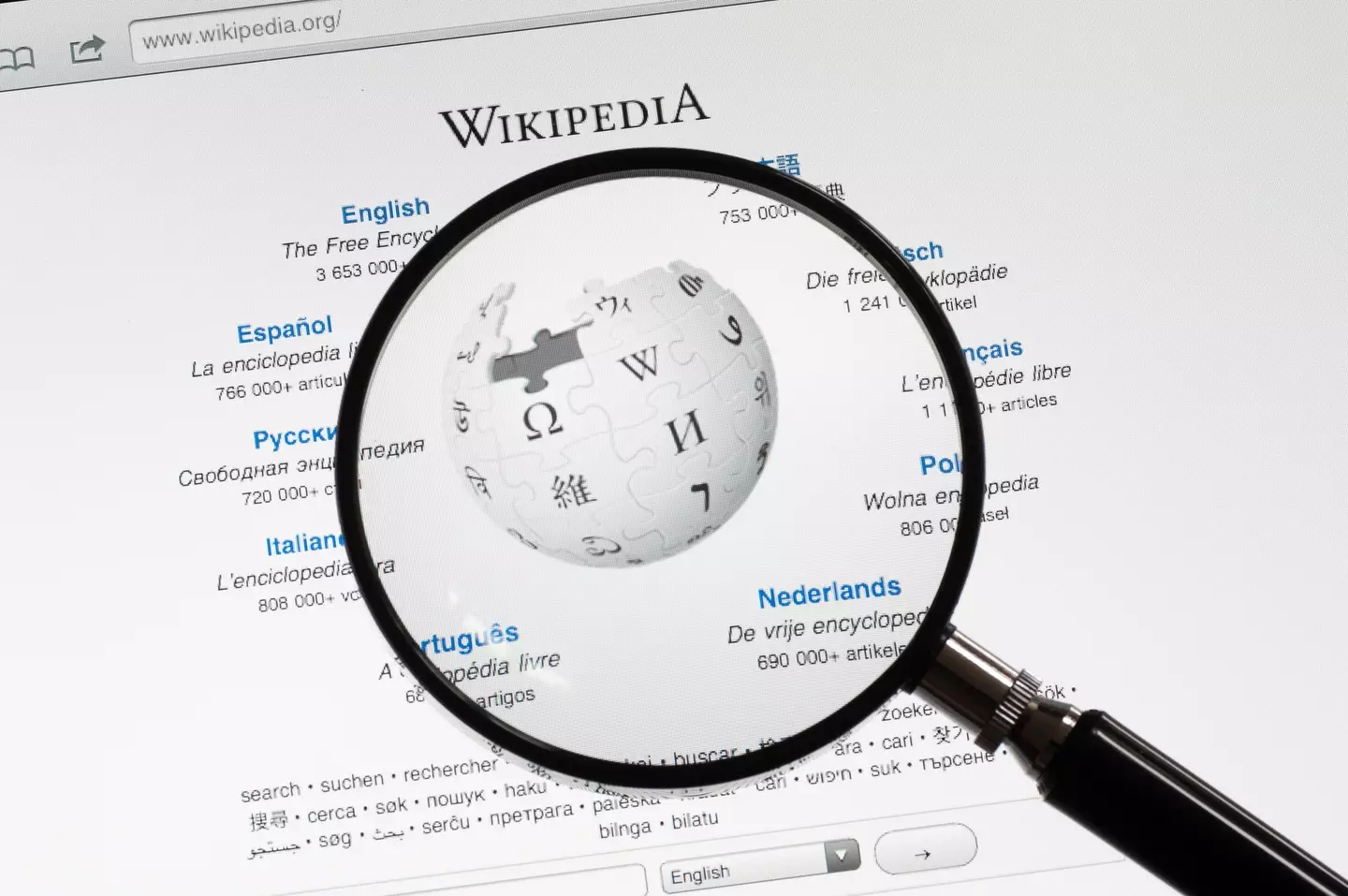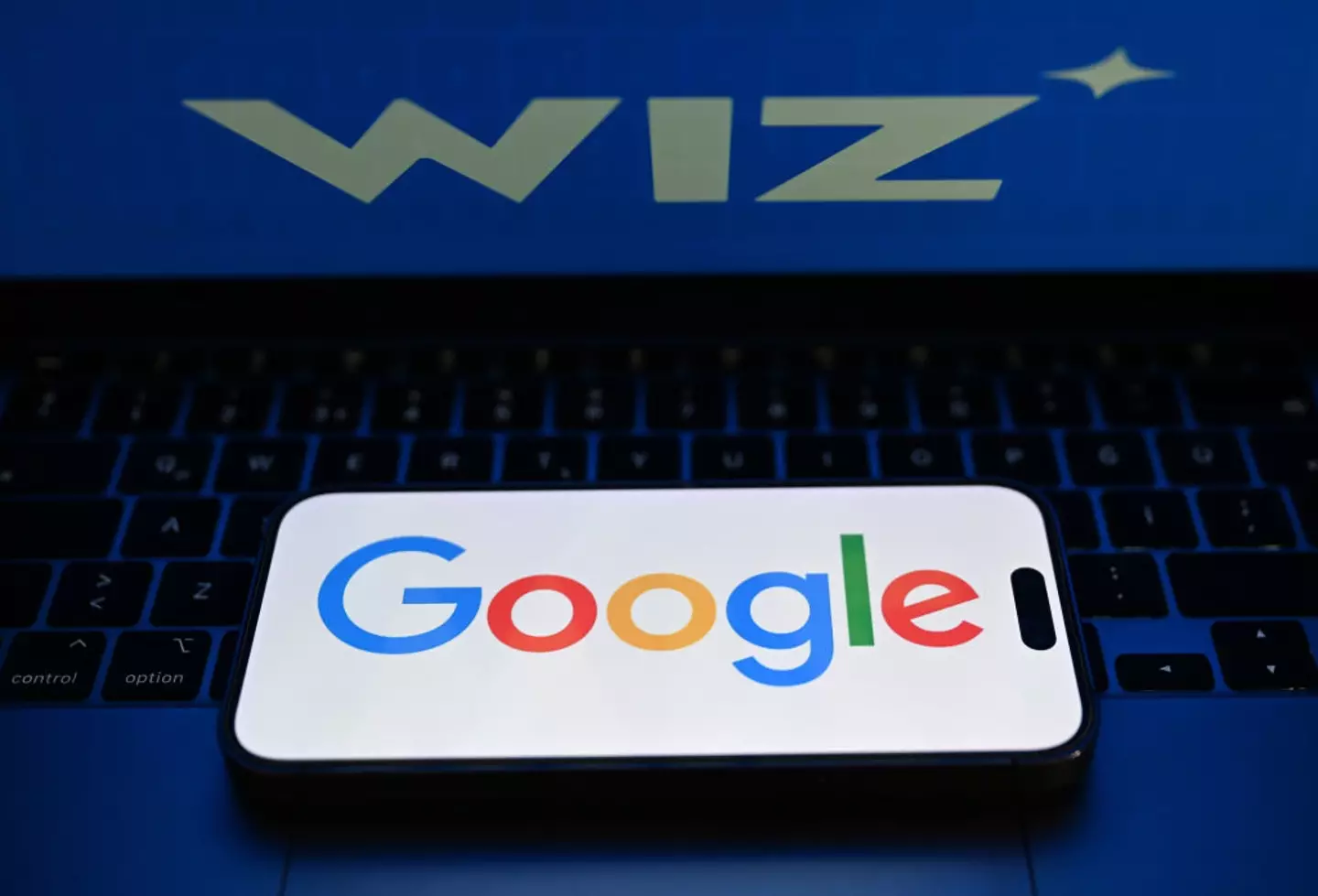
After threatening to replace humans across numerous industries and occupations, generative AI is now targeting one of the internet's most trusted resources.
Over the past year, artificial intelligence has increasingly been used to answer search queries, competing directly with traditional search engines like Google and established websites.
Now, Wikipedia is experiencing a sharp decline in traffic as internet users increasingly bypass the online encyclopaedia in favour of ChatGPT and Google's AI overviews to get their information.

Advert
According to a new blog post by Marshall Miller of the Wikimedia Foundation, human page views have dropped 8% in recent months 'as compared to the same months in 2024.'
The decline became apparent after Wikipedia's bot detection systems revealed that 'much of the unusually high traffic for the period of May and June was coming from bots that were built to evade detection.'
Another contributing factor is that 'younger generations are seeking information on social video platforms rather than the open web,' Miller noted.
An Adobe Express report conducted over the summer showed the dramatic shift in internet user behaviour. In the report, 77% of Americans treat ChatGPT as a search engine, while three in ten ChatGPT users trust it more than search engines for finding information.
As worrying as the figures look, Miller claims that Wikipedia is far from becoming obsolete.

“Almost all large language models (LLMs) train on Wikipedia datasets, and search engines and social media platforms prioritise its information to respond to questions from their users,” he wrote. “That means that people are reading the knowledge created by Wikimedia volunteers all over the internet, even if they don’t visit wikipedia.org.”
Ironically, Wikipedia itself tried to compete by experimenting with AI-generated summaries similar to Google's approach, hoping to give users quick answers without leaving the site. However, the project was quickly shut down after Wikipedia's volunteer editors complained, according to TechCrunch.
Wikipedia relies entirely on volunteer editors to create and maintain its content, and on donations to keep the site running.
“With fewer visits to Wikipedia, fewer volunteers may grow and enrich the content, and fewer individual donors may support this work," Miller admitted.
But Wikipedia isn't alone in experiencing AI-driven traffic losses. In a statement to the UK's Competition and Markets Authority in July, DMG Media claimed that Google's AI Overviews had caused click-through rates for their site to plummet by a staggering 89 percent.
Meanwhile, the internet faces a growing crisis of 'AI slop,' which is AI content that's frequently low-quality and misleading. The problem is made worse by the fact that producing this junk content is highly profitable, with some creators earning millions. Platforms like YouTube and various social media sites are already drowning in AI-generated material, and changing the type of content we come across.